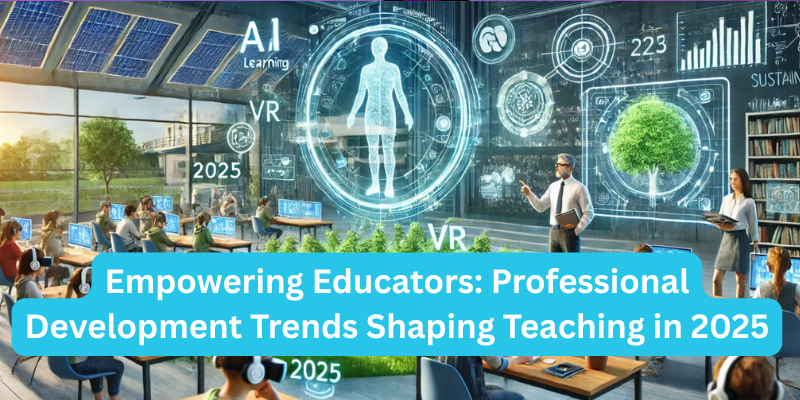In 2025, the role of an educator is more dynamic, demanding, and diverse than ever before. Teachers are no longer just transmitters of knowledge—they are facilitators, mentors, content creators, technology integrators, and emotional guides. To thrive in this new educational ecosystem, they need more than just traditional training—they need continuous, personalized, and tech-enabled professional development.
As schools and institutions shift toward hybrid learning, digital platforms, and personalized instruction, teacher development has followed suit. The days of occasional workshops and one-size-fits-all seminars are fading. In their place, educators now access interactive, data-driven, and collaborative learning opportunities designed to meet their evolving needs.
Let’s explore the most impactful professional development trends empowering educators and shaping the future of teaching in 2025.
1. Personalized Professional Learning Pathways
One of the most significant shifts in 2025 is the move toward individualized professional learning. Just as students benefit from personalized instruction, teachers now access development plans that are tailored to their experience level, subject area, interests, and goals.
Educators use AI-powered platforms that recommend courses, webinars, and micro-credentials based on their teaching data, classroom performance, and feedback. Whether it’s improving classroom management, learning a new digital tool, or exploring trauma-informed practices, teachers follow flexible pathways designed around their unique growth journey.
This approach increases engagement and retention while respecting educators’ time and autonomy.
2. Microlearning and On-Demand Training
Professional development is no longer confined to full-day seminars or summer institutes. In 2025, educators turn to microlearning: bite-sized, focused training sessions that can be completed in under 15 minutes.
Accessible via mobile apps or school learning portals, these sessions fit into teachers’ schedules—whether during prep periods, commutes, or at home. From short videos and podcasts to interactive quizzes and tutorials, microlearning supports just-in-time learning when educators need it most.
The key benefit? Learning becomes a habit, not a hassle.
3. Virtual Coaching and Peer Mentorship
The isolation many teachers felt during early remote teaching prompted a renewed emphasis on peer collaboration and support. In 2025, virtual coaching programs and digital mentorship communities are thriving.
New educators are paired with experienced mentors who guide them through their first years via video calls, chat platforms, and collaborative planning tools. Coaching platforms offer real-time feedback based on classroom recordings, helping teachers reflect on their practice and improve.
This support system fosters confidence, reduces burnout, and builds a strong sense of professional community.
4. Integration of Artificial Intelligence in Teacher Support
AI is revolutionizing professional development by providing real-time, actionable feedback. Platforms powered by artificial intelligence analyze lesson delivery, student engagement, and assessment patterns, offering personalized suggestions for improvement.
For example, an AI tool might suggest that a math teacher use more visual aids after detecting lower engagement during algebra units, or it may recommend differentiated strategies for English Language Learners based on performance analytics.
By integrating AI into coaching and reflection, educators receive non-judgmental, data-driven insights that drive meaningful growth.
5. Certification and Micro-Credentialing
Traditional professional development often lacked recognition. In 2025, that’s changed—teachers earn micro-credentials and digital badges that validate their expertise in specific areas.
Whether it’s a certificate in culturally responsive teaching, Google for Education, or trauma-informed practices, these credentials are stackable, shareable, and often tied to career advancement opportunities.
Educators can build a visible portfolio of skills that align with institutional goals, meet compliance requirements, and demonstrate continuous learning to their communities.
6. Emphasis on Well-Being and Emotional Resilience
After years of navigating educational upheaval, mental health and emotional resilience are central to teacher development. Professional development in 2025 includes workshops, wellness apps, and mindfulness training that prioritize educator self-care.
Programs focus on managing stress, creating healthy work-life boundaries, and building emotional intelligence. Some schools offer dedicated well-being days, while others provide access to wellness coaches and virtual therapy sessions.
Empowered educators are emotionally resilient educators—and student outcomes benefit in turn.
7. Hybrid and Immersive Learning Models for Teachers
Just as students benefit from hybrid learning, so do teachers. In-person workshops are now complemented by immersive digital platforms, such as virtual reality simulations and interactive video modules.
For example, a VR training session might simulate classroom management scenarios or parent-teacher conferences, allowing teachers to practice responses in a low-risk environment.
These experiential learning models help teachers retain knowledge and apply it directly to real-life situations.
8. Data-Informed Instructional Strategies
Data literacy is now a core skill for educators. Teachers are trained to use student performance data, engagement metrics, and formative assessments to guide their instruction.
Professional development programs in 2025 teach educators how to interpret data dashboards, adjust their strategies in real time, and use analytics to identify student needs more effectively.
This data-informed approach not only improves student achievement—it also boosts teacher confidence and instructional agility.
9. Inclusive and Culturally Responsive Pedagogy
Diversity, equity, and inclusion are more than buzzwords—they are guiding principles in modern classrooms. Educators are engaging in ongoing training to ensure their teaching practices reflect and respect the diverse backgrounds of their students.
PD programs include anti-bias training, inclusive curriculum development, restorative justice practices, and strategies for supporting neurodiverse learners.
This cultural competence helps educators create safe, affirming, and inclusive learning environments that benefit all students.
10. Conclusion: Investing in the Educators of Tomorrow
As the educational landscape evolves, one truth remains clear: empowered educators shape empowered learners. In 2025, professional development is no longer an afterthought or a checkbox—it is a continuous, personalized, and empowering process that honors the complexity of modern teaching.
By embracing innovation, prioritizing well-being, and fostering lifelong learning, we’re not just training teachers—we’re inspiring leaders, mentors, and changemakers. And in doing so, we’re transforming the future of education—one empowered educator at a time.
11. Most Asked Questions About Professional Development in 2025
Q1. What Makes Professional Development in 2025 Different from the Past?
PD in 2025 is personalized, flexible, data-driven, and tech-enabled. It focuses on real-world application, supports emotional well-being, and empowers teachers to lead their own growth journey.
Q2. Are Online PD Programs as Effective as In-Person Ones?
Yes. In fact, blended models that combine online flexibility with occasional in-person workshops are proving to be the most effective. AI, VR, and collaboration tools have enhanced online PD quality significantly.
Q3. How Do Teachers Track Their Professional Growth Today?
Educators use digital portfolios, dashboards, and credentialing platforms to log progress, earn certifications, and reflect on learning outcomes. Many school systems now include PD achievements in evaluation and promotion processes.
Q4. What Role Does AI Play in Teacher Development?
AI offers personalized learning recommendations, anlyzes teaching patterns, provides real-time feedback, and supports virtual coaching. It helps teachers grow efficiently by offering insights based on classroom data.





